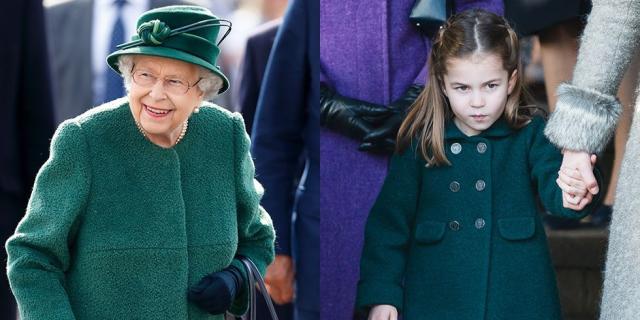Princess Charlotte, born on May 2, 2015, to Prince William, Duke of Cambridge, and Catherine, Duchess of Cambridge, entered the world amid great anticipation and joy. As the second child of the couple, she was destined to lead a life in the public eye, much like her elder brother, Prince George.
In the wake of Princess Charlotte's birth, Queen Elizabeth II made a decision that would reverberate through the corridors of Buckingham Palace and beyond. Recognizing the changing times and the evolving nature of the British monarchy, Her Majesty decreed that Princess Charlotte would be entitled to the same privileges and opportunities as her male counterparts, including a place in the line of succession.
Queen Elizabeth II's decision to amend the centuries-old tradition of male primogeniture sent shockwaves through the aristocracy and garnered widespread acclaim from proponents of gender equality. By ensuring that Princess Charlotte would have equal standing with her brother in the line of succession, the Queen paved the way for a more inclusive and progressive monarchy.
The decision to grant Princess Charlotte equal rights of succession was not merely symbolic; it had tangible implications for the future of the British monarchy. It signaled a departure from outdated norms and set a precedent for gender equality within the royal family. Princess Charlotte, now empowered by her position in the line of succession, has the potential to shape the future of the monarchy in ways previously unimaginable.
Queen Elizabeth II's decision to grant Princess Charlotte equal rights of succession stands as a testament to her progressive vision and commitment to equality. By breaking with tradition and embracing change, Her Majesty ensured that Princess Charlotte's destiny would be determined not by her gender, but by her abilities and aspirations. As Princess Charlotte grows and matures, she will carry forward the legacy of her great-grandmother, paving the way for a more inclusive and equitable monarchy for generations to come.




